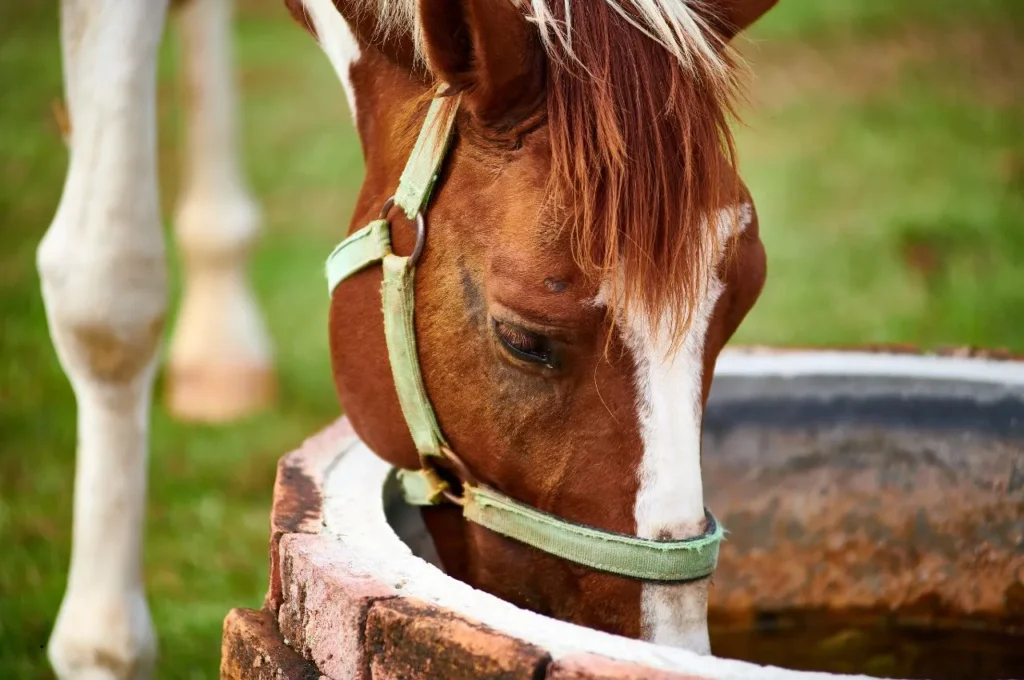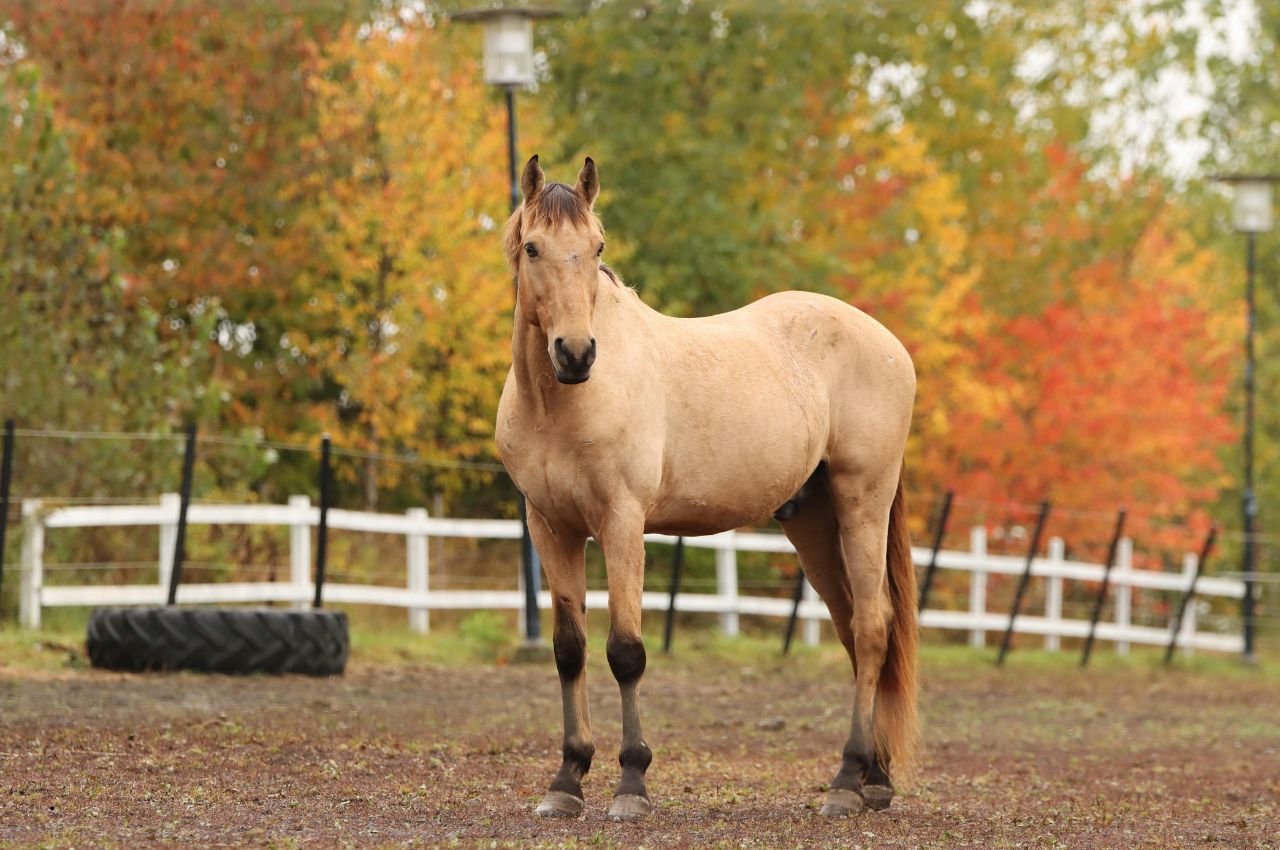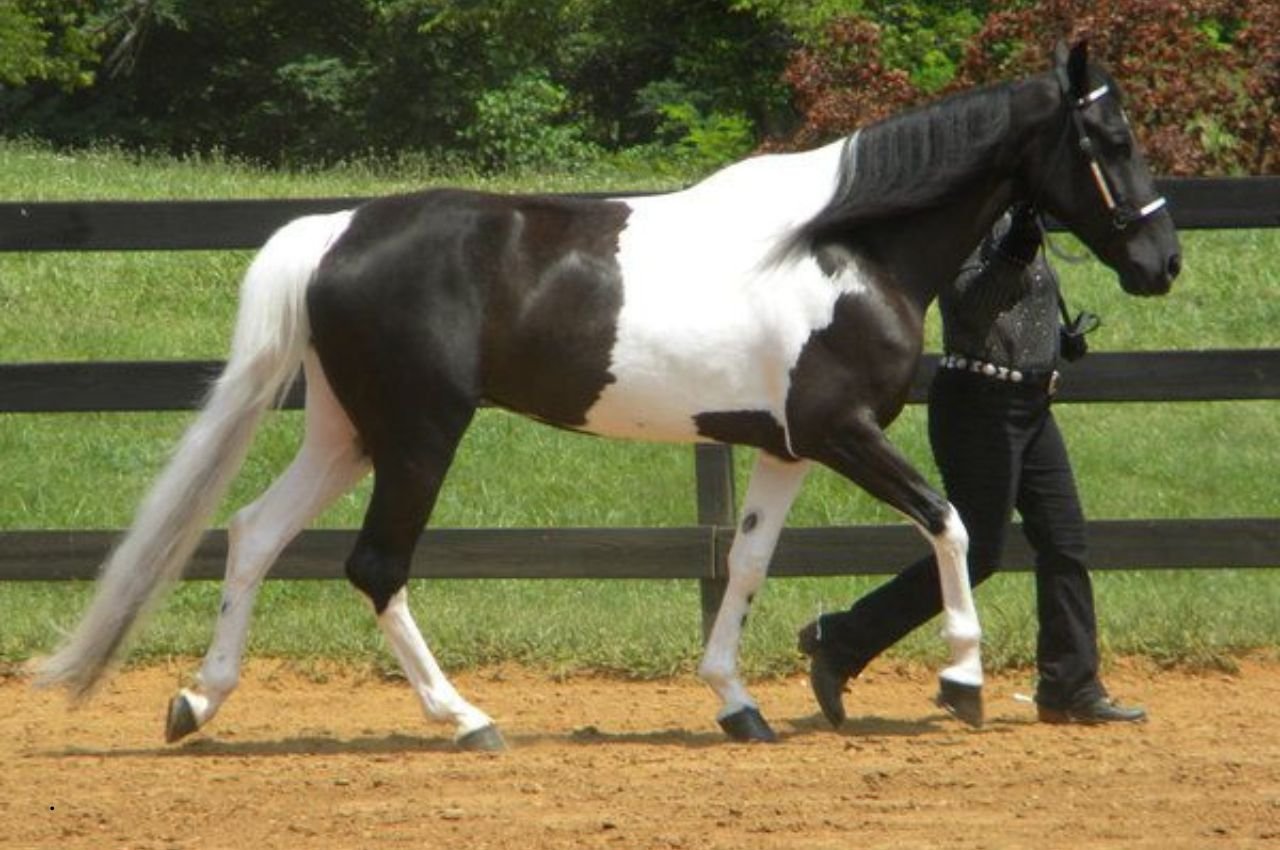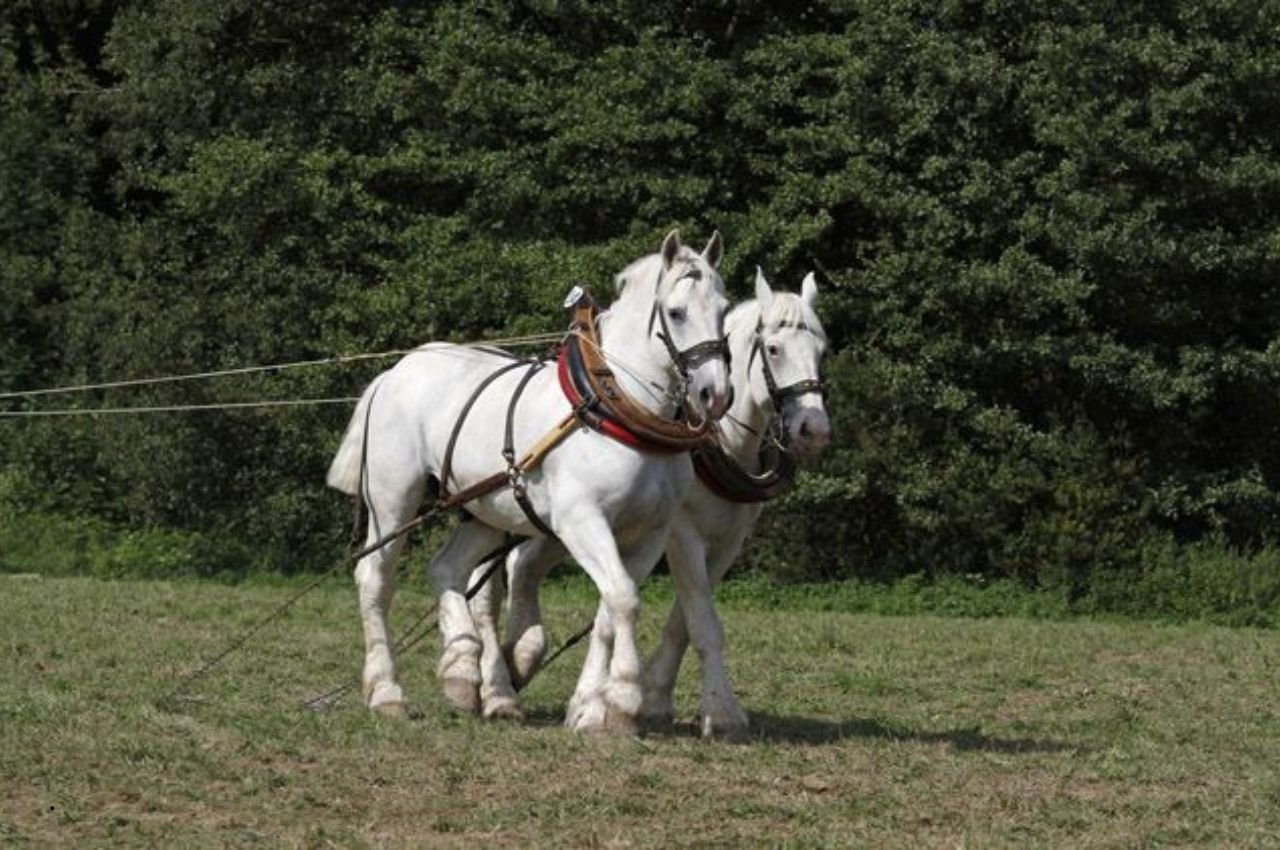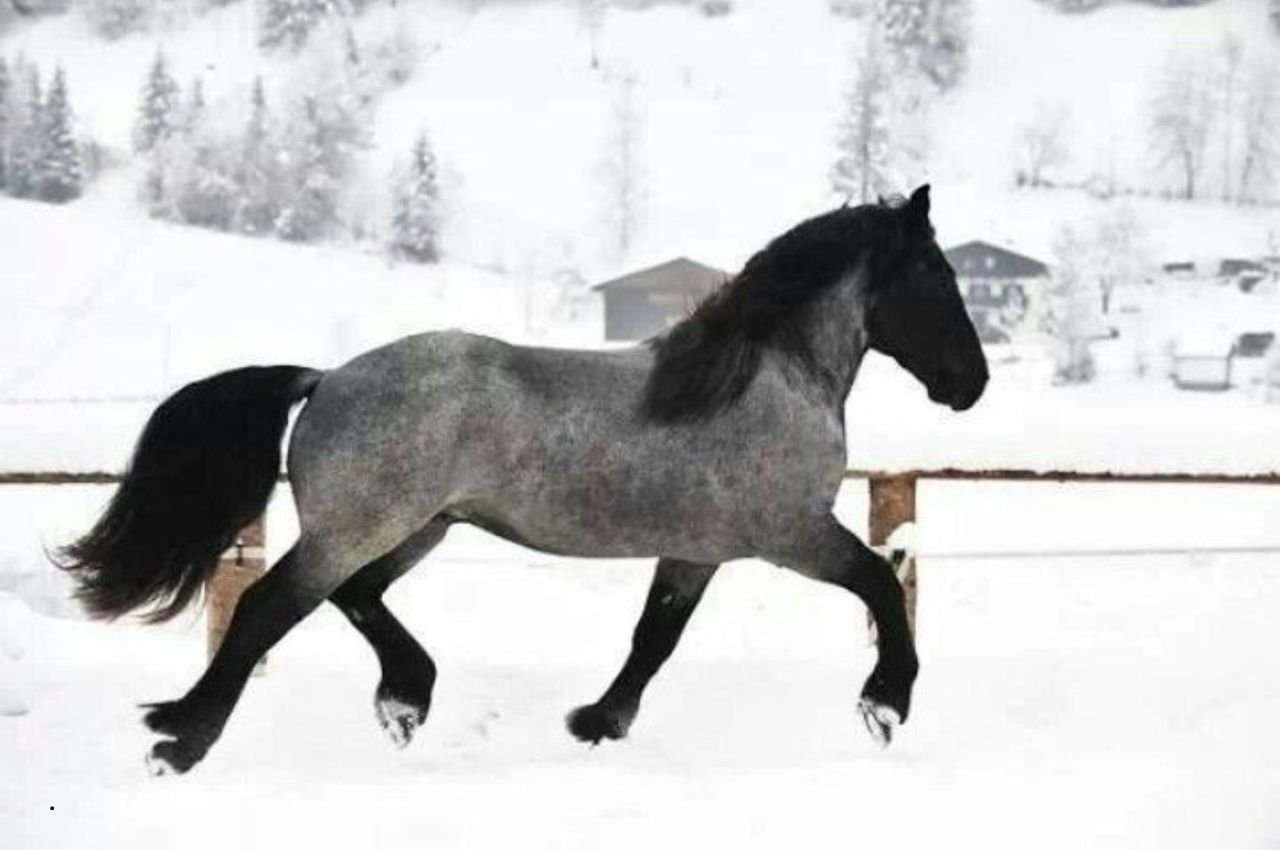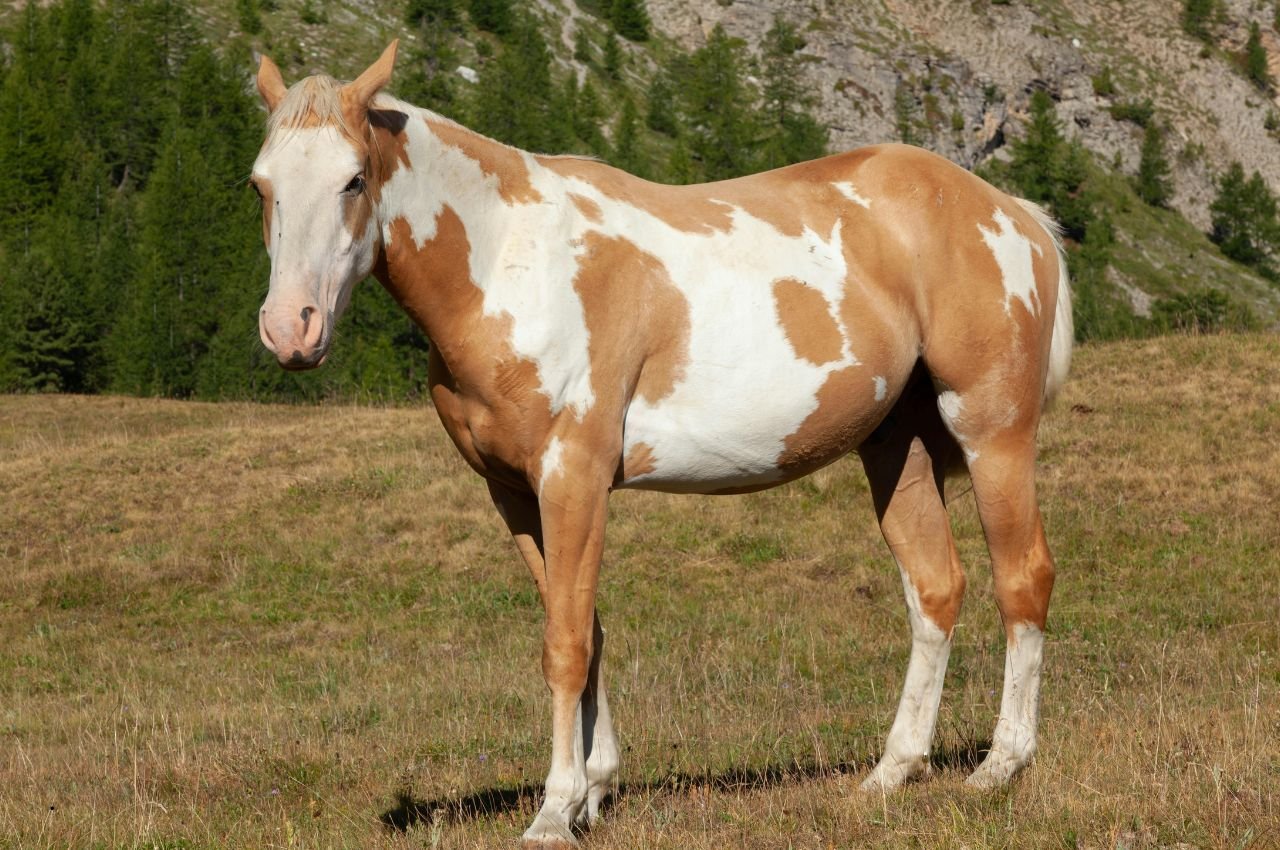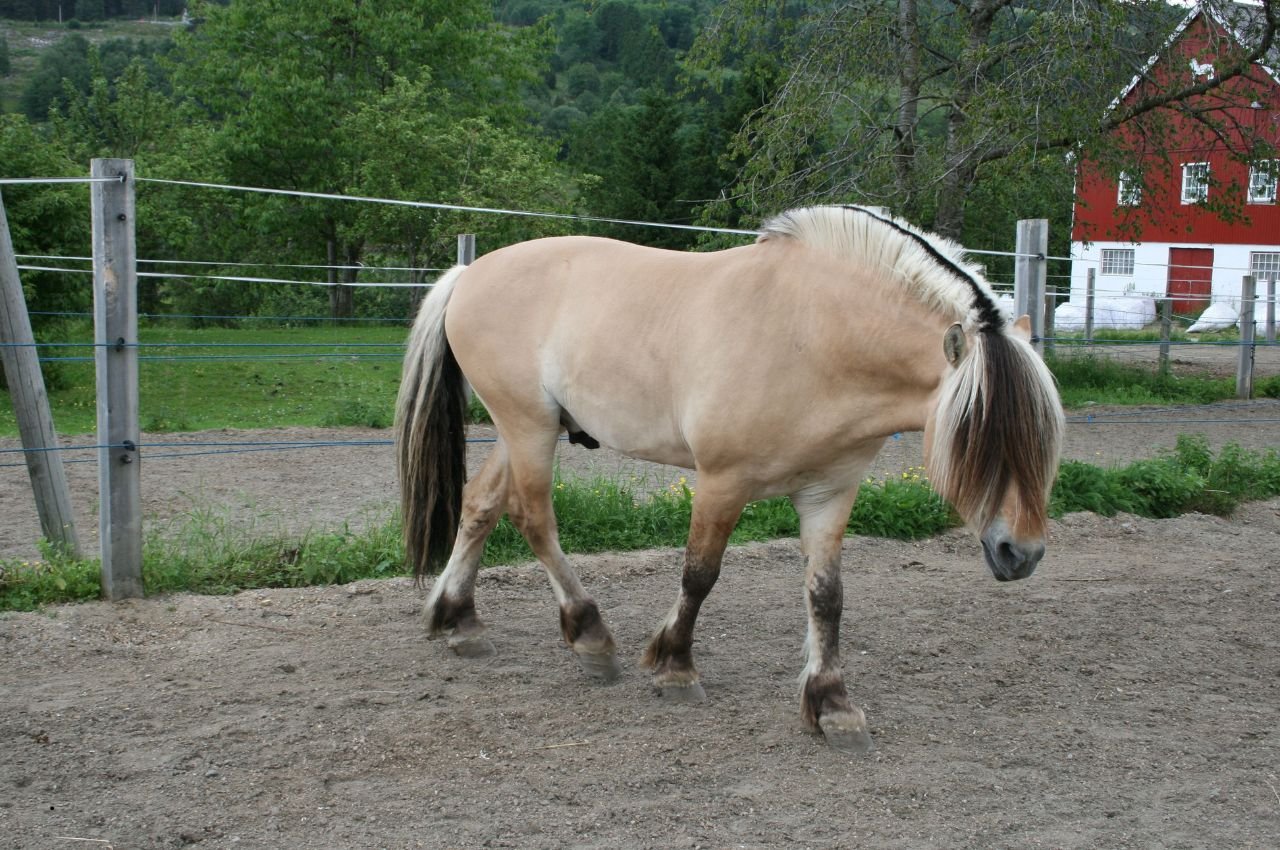Proper hydration is crucial for the overall health and well-being of your horse. Just like humans, horses need an adequate supply of water to maintain body functions, support digestion, and regulate body temperature. However, many horse owners may not realize just how easily horses can become dehydrated, especially during warmer months or when they are working hard.
In this blog, we’ll explore eight essential tips to ensure your horse stays hydrated, preventing dehydration and promoting long-term health.
1. Provide Fresh, Clean Water at All Times
The most important step in keeping your horse hydrated is making sure they have access to fresh, clean water at all times. Horses need to drink a significant amount of water daily—typically between 5 to 10 gallons, depending on their size, workload, and environmental conditions.
- Water quality: Ensure that the water is free from contaminants such as algae, dirt, and chemicals. Check the water source regularly to keep it clean and clear.
- Water temperature: Horses are more likely to drink if the water is at a comfortable temperature. Avoid water that is too cold or too warm, especially during extreme weather conditions.
2. Encourage Drinking After Exercise
After your horse has been exercising or working, it’s vital to encourage them to drink water. When horses sweat, they lose fluids and electrolytes, and it’s crucial to replenish these losses as soon as possible to prevent dehydration.
- Cool down before drinking: Let your horse cool down for 10-15 minutes after exercise before offering them water. This helps to prevent colic or digestive issues.
- Offer small amounts at regular intervals: Instead of offering a large amount of water at once, give your horse small sips every 10 minutes to help prevent bloating or discomfort.
3. Provide Access to Salt
Horses naturally crave salt, especially after exercise or during hot weather, as they lose salt through sweat. Offering free-choice salt can help encourage your horse to drink more water, as it will stimulate thirst.
- Salt blocks: Provide a salt block or loose salt in your horse’s stall or pasture. Ensure your horse has access to it at all times.
- Electrolyte supplementation: If your horse is involved in intense exercise or competition, consider adding an electrolyte supplement to their diet to replace the salts and minerals lost through sweat.
4. Monitor the Weather and Adjust Water Intake
Environmental factors, such as temperature and humidity, can greatly affect your horse’s water consumption. During hot or humid weather, horses tend to drink more, but they may not drink enough if they are uncomfortable or overheated.
- Keep water cool: In extreme heat, ensure that the water is cooler or provide shade over water sources to keep the water temperature down.
- Offer water more frequently: During hot weather, offer water more frequently than usual to help your horse stay hydrated. You can also mist your horse with water or hose them down to help keep their body temperature in check.
5. Provide a Balanced Diet
The food your horse eats also plays a role in their hydration. Fresh hay, grass, and grains all contain water, which can contribute to your horse’s overall fluid intake. However, it’s important to keep in mind that water should still be the primary source of hydration.
- Fresh hay and pasture: Providing access to fresh grass or hay can help supplement hydration. Grass, in particular, contains significant amounts of water, and allowing your horse to graze on pasture is an excellent way to support hydration.
- Soaked feed: Soaking your horse’s grain or feed can add extra moisture to their diet, especially if your horse is not drinking enough water on their own.
6. Encourage Hydration During Travel
If you’re traveling with your horse, it’s essential to keep them hydrated during the journey. Horses may not always drink as much when they’re away from home due to stress, unfamiliar surroundings, or changes in their routine.
- Bring water from home: If possible, offer water from their familiar source during the trip to encourage them to drink. Horses may be more inclined to drink water that smells or tastes familiar.
- Stop for regular water breaks: On long trips, stop every few hours to offer water to your horse. You can bring a portable bucket or container to ensure they stay hydrated during the ride.
7. Watch for Signs of Dehydration
It’s important to be aware of the signs of dehydration in horses. Dehydration can occur quickly, especially in hot weather or after vigorous exercise, so early detection is key.
Signs of dehydration include:
- Dry or sticky gums
- Sunken eyes
- A decrease in skin elasticity (the skin will not “snap back” when pinched)
- Lethargy or sluggishness
- Decreased urine output
If you notice these symptoms, offer water immediately and contact your veterinarian if the situation doesn’t improve. Severe dehydration may require intravenous fluids or other medical interventions.
8. Provide a Clean, Comfortable Environment
Stress can reduce a horse’s desire to drink water. If your horse is stressed due to environmental factors—such as a dirty stall, uncomfortable bedding, or overcrowded conditions—they may not drink as much as they need.
- Maintain cleanliness: Make sure that your horse’s stall or pasture is clean and free from waste or debris that could contaminate the water.
- Comfortable bedding: Provide comfortable, clean bedding to help reduce stress and promote overall well-being, which can encourage drinking.
- Consistent routine: Horses thrive on routine, so maintaining a consistent feeding and watering schedule can reduce anxiety and improve water intake.
Conclusion
Hydration is a critical aspect of your horse’s health, and understanding how to manage and encourage proper water intake can prevent dehydration and related health issues. By following these eight tips, including offering fresh, clean water, monitoring your horse’s diet, and paying attention to the signs of dehydration, you’ll be ensuring that your horse stays hydrated and healthy. With good hydration practices, your horse will be better equipped to handle exercise, stress, and the environmental conditions they face.
Always remember that hydration is a continuous process, and you should regularly monitor and adjust to ensure your horse’s water needs are consistently met.
FAQs
How much water should my horse drink daily?
On average, horses should drink between 5 to 10 gallons of water per day, depending on their size, workload, and environmental conditions. Always ensure your horse has access to fresh, clean water.
How can I encourage my horse to drink more water?
You can encourage water consumption by providing fresh, clean water at the right temperature, adding a salt block to stimulate thirst, or soaking their feed to add moisture.
What are the signs of dehydration in horses?
Signs of dehydration in horses include dry gums, sunken eyes, reduced skin elasticity, lethargy, and decreased urine output. If you notice these symptoms, offer water immediately and consult a vet if necessary.
How can I help my horse stay hydrated during hot weather?
Offer cool water more frequently during hot weather and ensure your horse is kept in a shaded area. You can also hose down your horse to help regulate body temperature and reduce dehydration.
Can I add electrolytes to my horse’s water to encourage hydration?
Yes, adding electrolytes to your horse’s water can help replenish salts and minerals lost during sweating, especially after intense exercise or in hot weather, encouraging them to drink more water.
Should I worry about my horse drinking less water during travel?
It’s common for horses to drink less while traveling due to stress. Bring water from home, stop for water breaks, and try to provide familiar water sources to help your horse stay hydrated.

